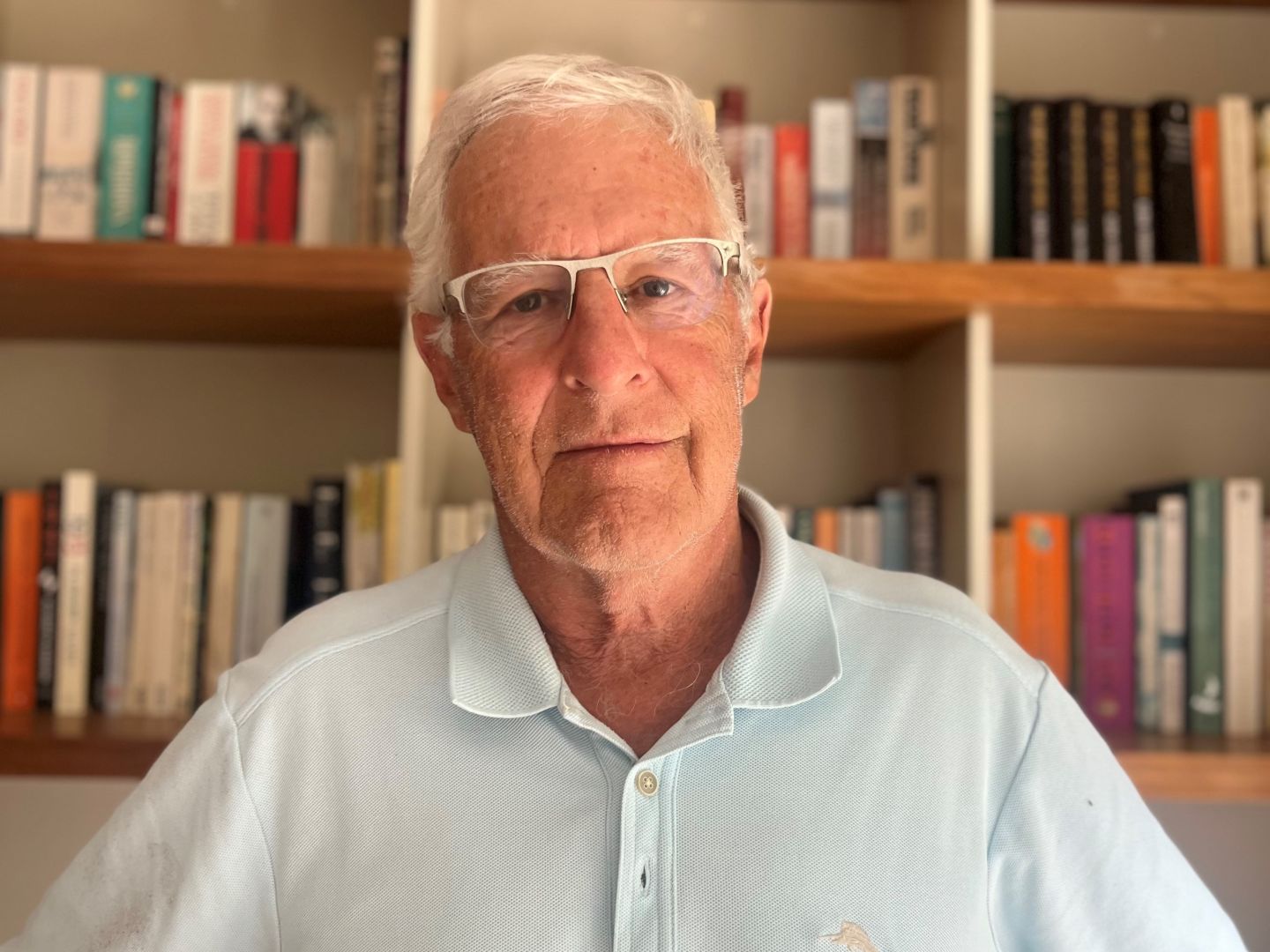Paul shares his passion for people and the planet
In his new novel, an Australian author weaves a tale full of real-life characters that stretches from the Palace of Westminster to the gold fields west of Rockhampton.

Paul Ashford Harris came to writing relatively late in life – but he’s tackled his new vocation with vision and enormous passion.
His work is informed by a keen interest in the past, including his own extraordinary life journey, and his concern for conserving the natural environment.
His latest book, Love, Oil and the Fortunes of War, follows an autobiography, Odd Boy Out, where he writes about being the son of a British baronet whose social circle included artists, politicians, spiritualists and suffragettes; his education in New Zealand and at the famed University of Cambridge; and making his home in Sydney.
The new novel brings together three real characters from disparate worlds – feminist and explorer Gertrude Bell, Royal Navy Admiral Jacky Fisher and entrepreneur William Knox D’Arcy, who built his fortune operating gold mines near Rockhampton before establishing the largest oil concession in Persia (now Iran).
We asked Harris about the book, his many interests, and the realities of being a writer in his senior years.
In Love, Oil and the Fortunes of War, your main characters are historical figures. How much research do you do, and how important do you think it is to remain “true” to those real people?
It’s taken about four years with quite a few interruptions. I could not have done it without the internet. Encyclopaedia Britannica and Wikipedia have also been a great help, as have numerous books. I try to present the characters as realistically as possible from the information available but, of course, I can only speculate. Luckily since the events are well over 100 years ago, I am in less danger of vigorous contradiction!
You’ve noted that the story at the centre of your novel is “seemingly unknown”. Why do you think that is? Should we know more about history?
Indeed. It’s hard to assess the present without knowledge of the historical context of our lives but this is a vast and endless endeavour. However, there is less excuse for not knowing given the incredible sources referred to above. [He also speaks about the dangers of “being subjected to an avalanche of propaganda”.]
Do you see yourself as a “colonial”, as the Etonians at Cambridge described you?
I think the term is pretty much an historical anachronism. Fortunately! Mind you, if you tried to join the Bullingdon Club at Oxford University you would find that the 19th century is still alive and well in England.
You took up writing later in life. What motivated you? Did you have a burning passion to write?
I’ve always loved the English language, especially the way in which tiny shifts can change meaning, even differences in punctuation. I’m a semi colon nut perhaps because I don’t like ‘and’.
I do feel terribly old fashioned. I like long sentences plus adverbs and adjectives. I also like the King James Bible. Imagine that!
What advice do you have for seniors who want to write?
Do it – but be very realistic in understanding why you are doing it. In any event, don’t expect to make money.
You’ve written books for children that reflect your interest in the environment. How do young readers respond to the issues you raise?
As far as I can gauge modern children are far more environmentally aware than their parents ever were. My seven-year-old grandson has an encyclopaedic knowledge of animals. If you mistake a jaguar for a leopard, watch out.
The environment was never mentioned as a concern when I was young. However, in 1969 my father was one of the leaders in the first major environmental campaign in New Zealand, “Save Manapouri” [to prevent the raising of the levels of lakes Manapouri and Te Anau].
Thank goodness it was successful. That was when the world had a population of a bit over 2 billion. Now it is 8 billion-plus, [so it’s] much more serious.
Does their engagement with conservation make you optimistic about the future?
I try to be, and I have to say there is some great work being done. But I fear that the countries that can make the most difference – the largest and/or richest – seem motivated by inertia (if that’s possible). Normal election cycles, let alone dictatorships, are exactly what are not needed for trying to solve huge but long-term environmental problems. A well informed and educated electorate is essential.




